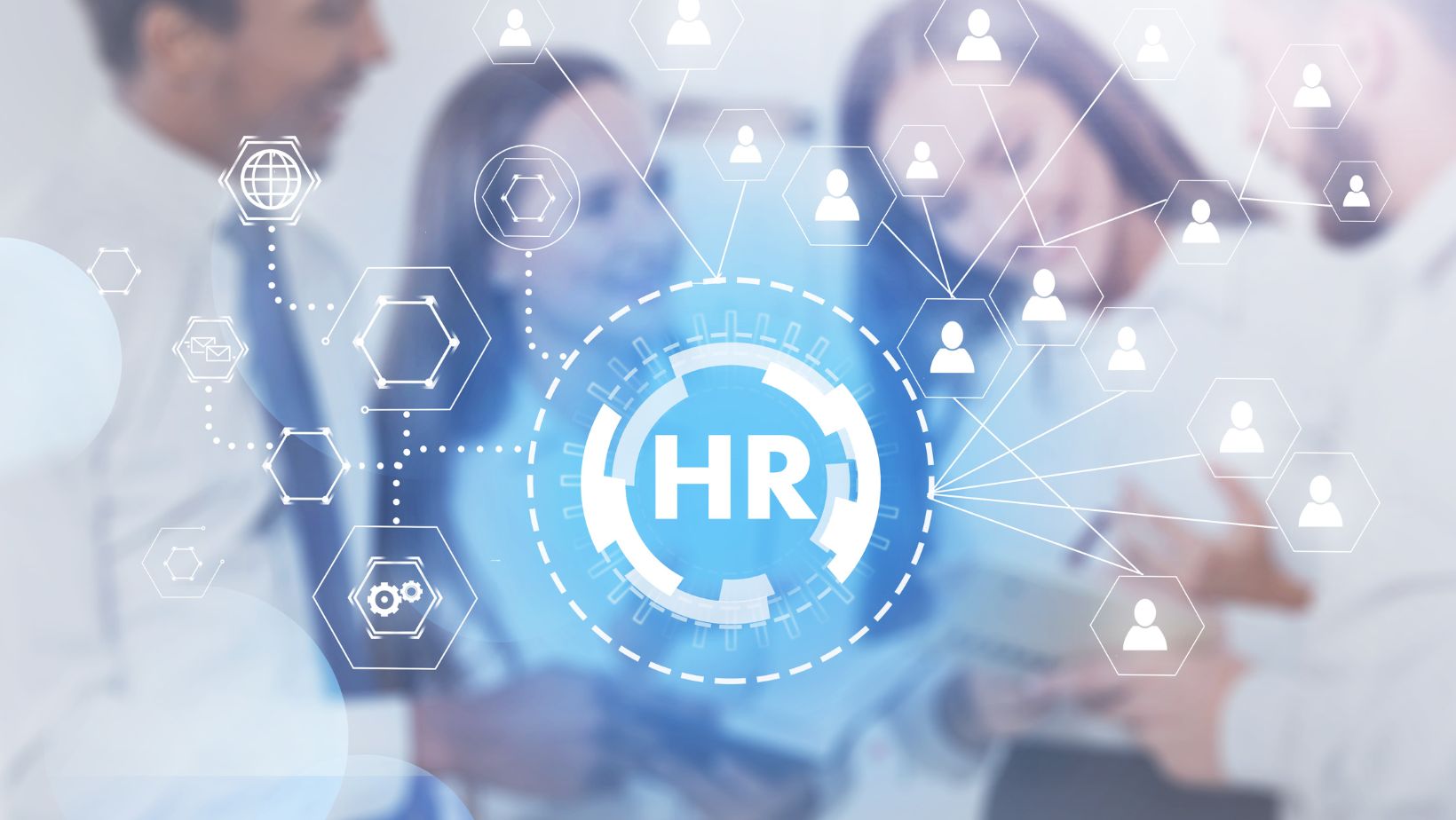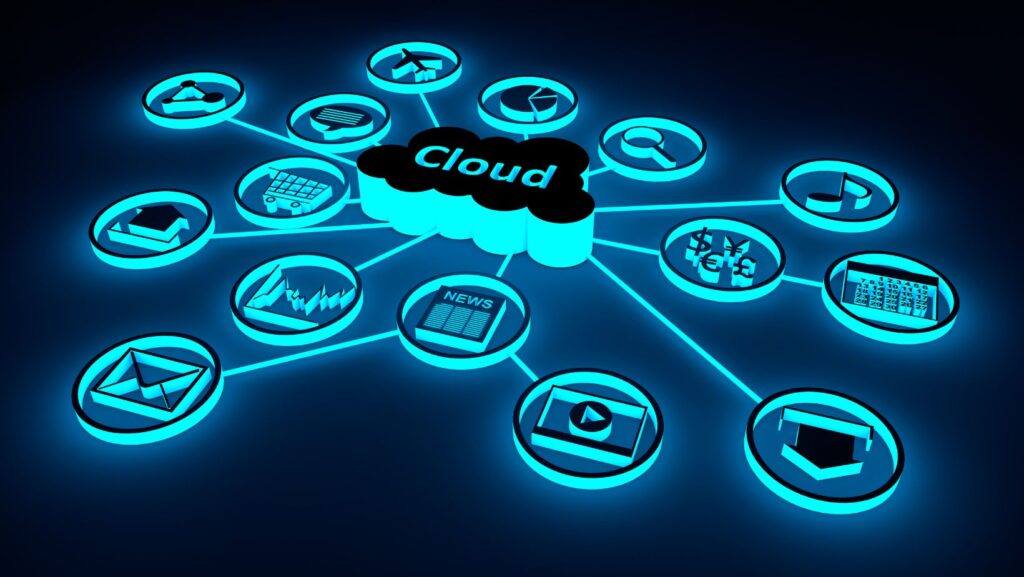
In the fast-evolving world of human resources, technology continues to play a pivotal role in shaping how companies manage their most valuable asset: their people. From artificial intelligence to advanced analytics, HR technology trends are revolutionizing the way organizations attract, retain, and develop talent. As businesses strive to stay competitive in a dynamic market, understanding these trends is more crucial than ever.
Emerging technologies are not just enhancing efficiency; they’re also driving a more inclusive and employee-focused workplace culture. Tools that facilitate remote work, employee wellness, and real-time feedback are becoming standard, pushing the boundaries of traditional HR practices.
HR Technology Trends
AI-Driven Recruitment Tools
 AI-driven recruitment tools streamline the hiring process, improving both efficiency and effectiveness. These tools use machine learning algorithms to scan resumes, assess candidate compatibility, and predict potential success within the company. They eliminate much of the manual effort involved in filtering candidates, allowing HR professionals to focus on engaging with the top prospects. Notably, platforms such as HireVue and Pymetrics offer features like automated video interviews and gamified personality tests, respectively. These innovations support a more data-driven approach to talent acquisition, ensuring organizations get the right fit for each role.
AI-driven recruitment tools streamline the hiring process, improving both efficiency and effectiveness. These tools use machine learning algorithms to scan resumes, assess candidate compatibility, and predict potential success within the company. They eliminate much of the manual effort involved in filtering candidates, allowing HR professionals to focus on engaging with the top prospects. Notably, platforms such as HireVue and Pymetrics offer features like automated video interviews and gamified personality tests, respectively. These innovations support a more data-driven approach to talent acquisition, ensuring organizations get the right fit for each role.
For companies looking to enhance their hiring strategy, investing in a talent acquisition software can further optimize the recruitment process and improve overall efficiency.
Employee Engagement Platforms
Employee engagement platforms are crucial for maintaining a motivated workforce. These platforms provide a suite of tools designed to enhance communication, recognize employee achievements, and gather feedback through surveys and polls. For instance, platforms like Glint and TINYpulse enable managers to track engagement metrics in real time, which empowers them to address concerns promptly. By fostering an environment where feedback is actively sought and valued, these technologies help create a more inclusive company culture. This supports employee retention by showing workers that their opinions and well-being are important to the organization’s success.
Impact of Remote Work on HR Technology
Virtual Onboarding Systems
The adoption of virtual onboarding systems facilitates an efficient integration of new hires into their roles without the need for in-person interactions. Platforms such as BambooHR and Workday provide comprehensive solutions that allow HR teams to deliver online training, distribute digital handbooks, and manage documentations seamlessly. These systems reflect significant HR technology trends, addressing the challenges posed by a dispersed workforce. If HR departments aim to maintain engagement, they’ll utilize these platforms to ensure employees feel connected and informed from day one.
Remote Performance Management Tools
 Remote performance management tools have become critical in measuring and enhancing employee productivity outside traditional office settings. Tools like Lattice and BetterWorks offer features for setting and tracking goals, providing real-time feedback, and conducting virtual performance evaluations. These functionalities support continuous performance management, a vital strategy if organizations aim to adapt to the increasing prevalence of remote work. They not only facilitate transparent communication between managers and team members but also foster a culture of accountability and growth across distances.
Remote performance management tools have become critical in measuring and enhancing employee productivity outside traditional office settings. Tools like Lattice and BetterWorks offer features for setting and tracking goals, providing real-time feedback, and conducting virtual performance evaluations. These functionalities support continuous performance management, a vital strategy if organizations aim to adapt to the increasing prevalence of remote work. They not only facilitate transparent communication between managers and team members but also foster a culture of accountability and growth across distances.
The Rise of Data Analytics in HR
Data analytics in Human Resources (HR) has become a critical tool for managing and improving employee performance and satisfaction. As organizations strive for a more data-driven approach, HR departments leverage analytics to gain insights into employee behavior, performance metrics, and overall engagement levels. These analytics not only help HR professionals to make informed decisions but also streamline operations and enhance strategic planning.

Companies now use data analytics to predict employee turnover, which allows them to develop better retention strategies and identify potential issues before they escalate. Tools such as IBM Watson Talent and Visier offer predictive analytics that enable HR managers to anticipate future trends and workforce needs.
Moreover, data analytics supports the implementation of personalized training programs tailored to the needs of individual employees. This customization increases the effectiveness of training and development initiatives, ensuring that employees have the necessary skills to succeed in their roles.
Addressing Employee Wellness Through Technology
As HR technology continues to evolve, its impact on workplace wellness cannot be overstated. The integration of AI and data analytics is not just transforming operational efficiencies; it’s significantly enhancing the way organizations support their employees’ well-being. Employers are now better equipped to create a supportive environment that not only attracts but retains top talent by prioritizing health and satisfaction. This shift towards a data-informed and employee-centric approach in HR practices is setting a new standard in the industry, promising a future where technology and human interests are more aligned than ever.


